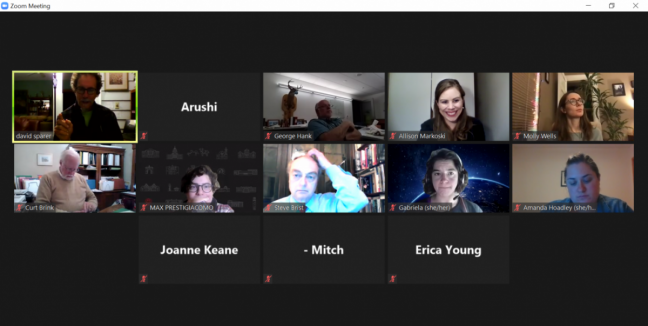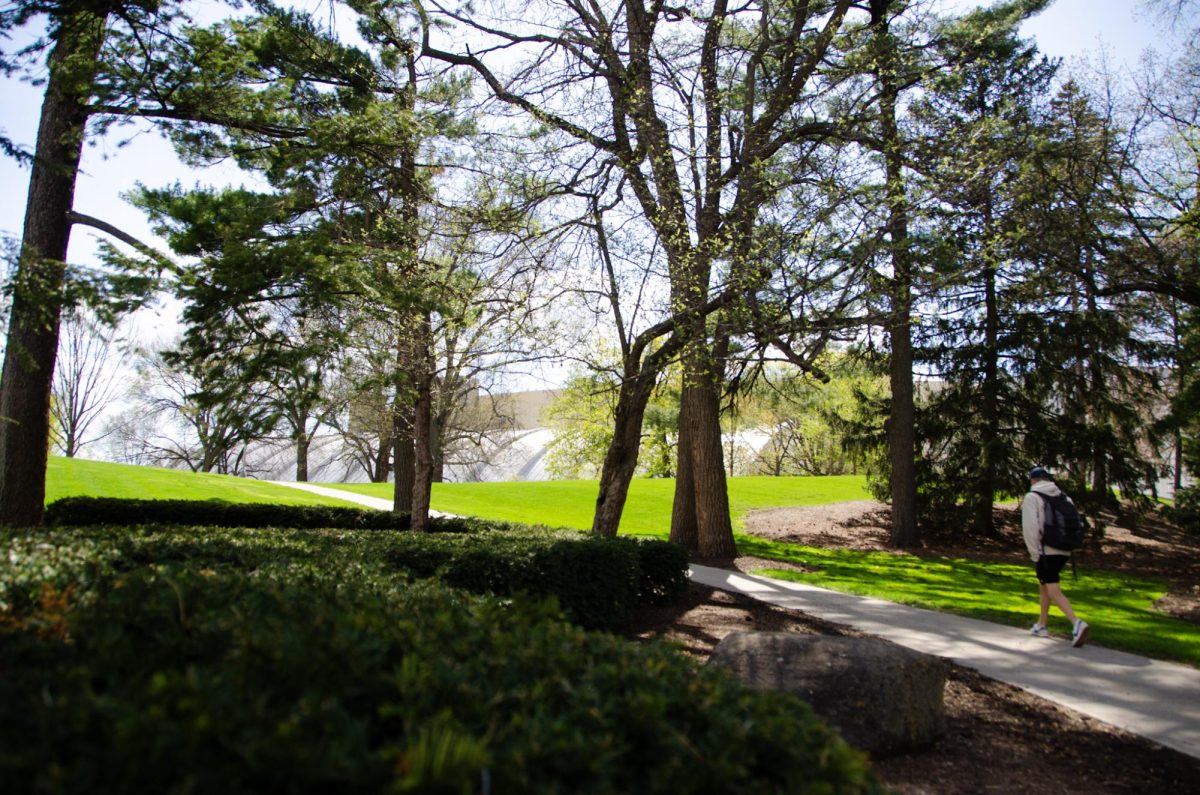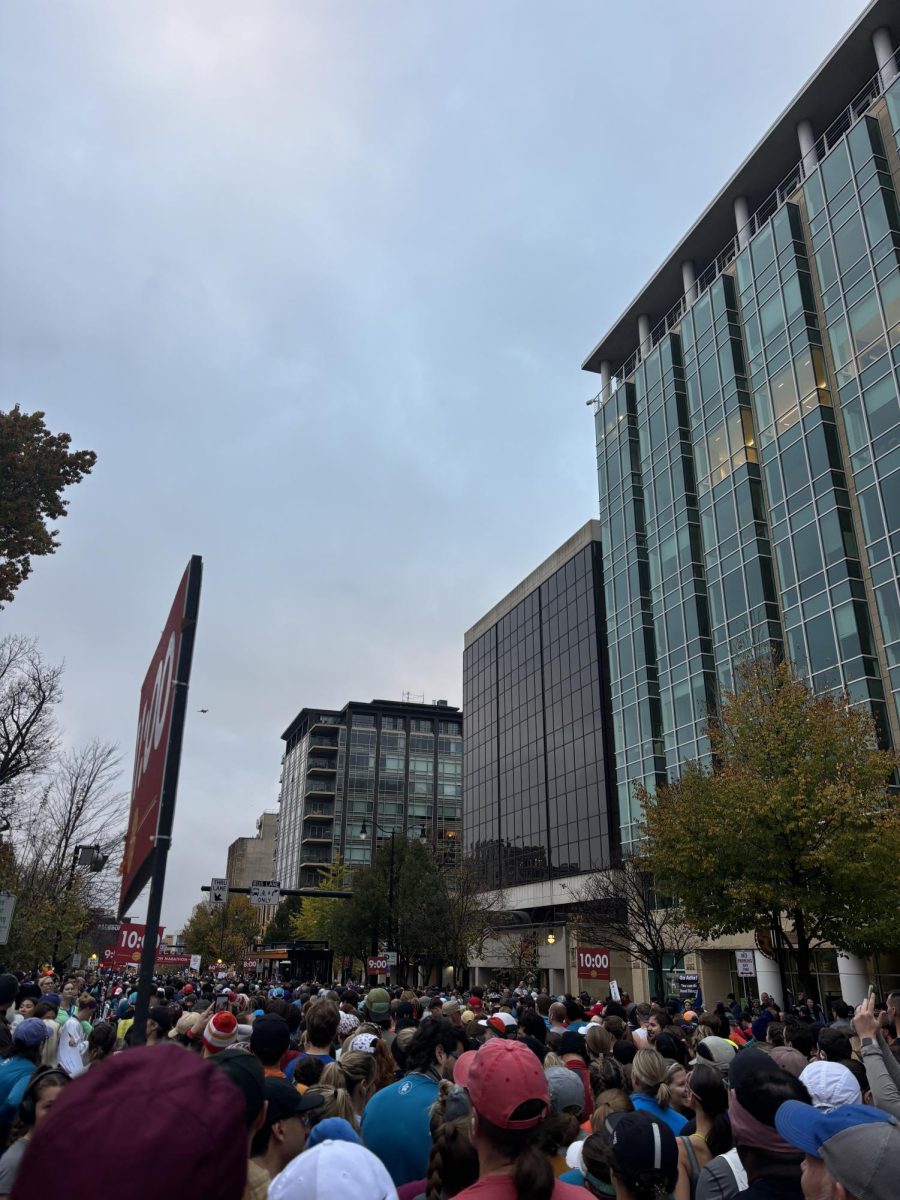The Landlord and Tenant Issues Committee decided to ask Madison Mayor Satya Rhodes-Conway to waive the rent abatement application fee during the pandemic in its meeting on Thursday.
Rent abatement is when the tenant and landlord agree that for a period of time, the tenant doesn’t have to pay rent, or the City allows the tenant to not pay rent because of their rental’s conditions, the committee said.
The committee also talked about amending Section 32.04 of the Madison General Ordinances relating to adding additional rent impairing violations to the Rent Abatement Ordinance.
New Dane County public health order prohibits indoor gatherings
The amendment will allow tenants to abate rent if the landlord fails to reduce lead paint in the interior or exterior of the rental unit, install a carbon dioxide detector or correct health issues caused due to mold.
The application fee for rent abatement is $10, and Director of Building Inspection George Hank said it has been that way for 25 years.
“There was a thought … that if somebody has to put down $10, they would be more likely to show up at the hearing,” Hank said.
Law professor at the University of Wisconsin and rental housing law expert Mitch said though they appreciate the history, they suggested the committee consider putting that fee on the building owner.
Mitch said the owner should pay instead of the tenant since the owner is the party who would be able to pay and has been observed in violation of a building code.
Apartment Owners Organization Representative Curtis Brink said he supported keeping the application fee.
Committee members who opposed the application fee, including Molly Wells and Allison Markoksi, said they didn’t think the application was “useful.” Markoksi said the application fee is likely a “barrier” for people to apply for rent abatement.
The committee unanimously decided to ask the mayor to waive the application fee during the pandemic.
Madison to decriminalize cannabis, will not change rules on UW property
In addition to rent abatement, the committee discussed conducting an equity analysis and centering racial equity while revising rent abatement, which was supported by Ald. Max Prestigiacomo, District 8.
“I personally support a little bit of an overhaul and holistic view,” Prestigiacomo said.
The committee agreed Black, Indigenous and people of color disproportionately faced problems with housing in Madison.
Administrative Clerk Amanda Hoadley said most cases for housing issues are in neighborhoods in the far north side of Madison and around Raymond Street, with occasional cases on campus and in the downtown area.
“Generally, we see more people of color who are having issues with housing, with rent abatement than should be represented if it was proportionate,” Mitch said.
The committee identified organizations that could aid them in the process of upholding racial equity and social justice in the process of examining rent abatement in Madison. Some recommended organizations include Urban League, Landlord Tenant Resource Center and Legal Action.
Assistant City Attorney Steve Brist said that at the next committee meeting, he will be prepared with a formal recommendation for awarding rent abatement by room and apartment size for the committee to review.














